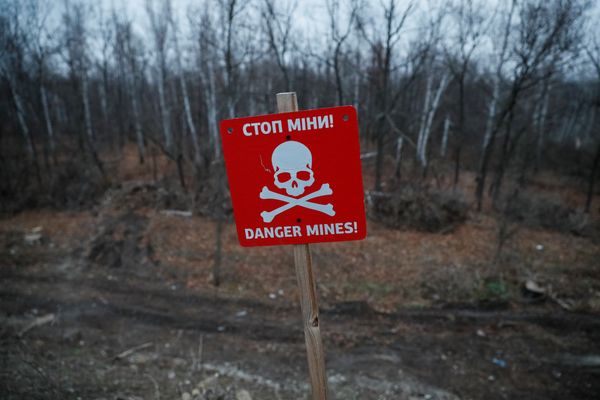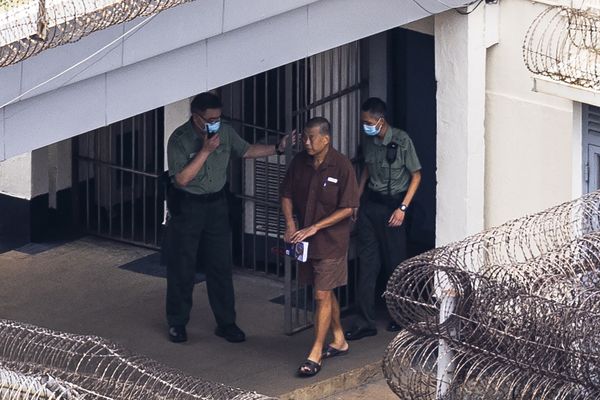
The BBC licence fee is to increase, the Government has announced.
This comes amid the BBC's widespread cuts to signature programmes such as Newsnight, resulting in 1,000 fewer hours of new TV shows this year.
Here's what you need to know about the licence fee and what alternatives have been discussed.
What is the current BBC licence fee?
The licence fee is currently £159 per year and is set to increase by £10.50 to £169.30 next year.
This equates to a rise of 6.6 per cent, as determined by September's rate of inflation, rather than an average across the last year. Due to the recent fall in inflation, that means the £169.50 figure is less than the BBC and Office for Budget Responsibility (OBR) had anticipated.
As a result, raising it by a smaller percentage will leave an expected funding gap of around £90 million for the BBC.
Prime Minister Rishi Sunak said at the beginning of December that the BBC should be “realistic about what it can expect people to pay at a time like this”, hinting he was set to block the first proposal of a 9 per cent rise in the annual charge.
Culture Secretary Lucy Frazer agreed that a £15 rise would be “high”. On December 7, she said that the Government was also launching a review of the BBC's funding model.
Why did the BBC want a higher price increase for the licence fee?
The smaller percentage price rise means that the BBC would be put under further financial pressure.
The corporation previously announced its nightly current affairs show Newsnight would be reduced to a 30-minute programme. This resulted in the axing of half of the show’s 60 jobs as part of the cost-cutting measures in the BBC's news output.
An extended hour-long edition of BBC News At One will relocate to Salford while BBC Breakfast, also broadcast from Salford, will be extended by an extra 15 minutes daily.
The corporation expects changes to save the news division £7.5m.
Earlier this year, the BBC also announced it would broadcast 1,000 fewer hours of new TV programmes in 2023 to save money.
Other cost-cutting measures include moving several World Service TV and radio broadcast services online, and merging the domestic and global news channels.
What alternatives could there be to the BBC's licence fee?
A subscription model, as used by streaming services such as Netflix, has long been touted as an alternative to the licence fee.
It and fellow streaming giant Disney+ have already announced price increases.
For Netflix’s most expensive ad-free service, the price will go up to £17.99 per month in the UK (£215.88 per year). The basic plan is rising by £1 a month to £7.99 a month.
Disney+ also recently announced a major restructuring of its subscription plans, with an ad-supported tier introduced in the UK from November 1.
All existing Disney+ customers have automatically been moved to its top-tier premium subscription package, priced at £10.99 per month or £109.90 per year, unless they actively switch to another plan.
Apple TV+ currently costs £8.99 a month, after an increase of £2 from £6.99 a month.
Other touted options as alternatives to the licence fee include a broadband levy and even advertising.
You can read more about possible alternatives here.







